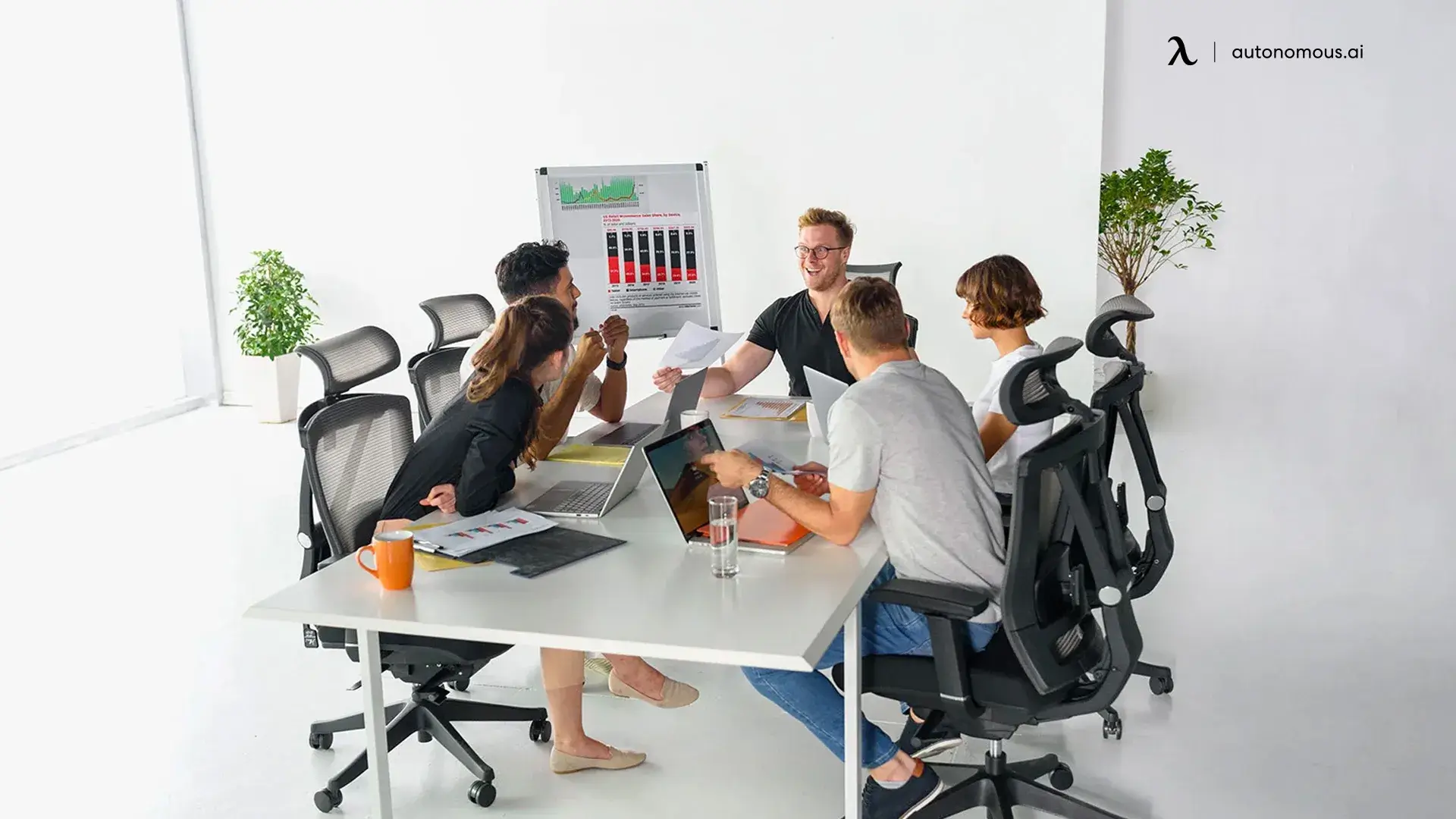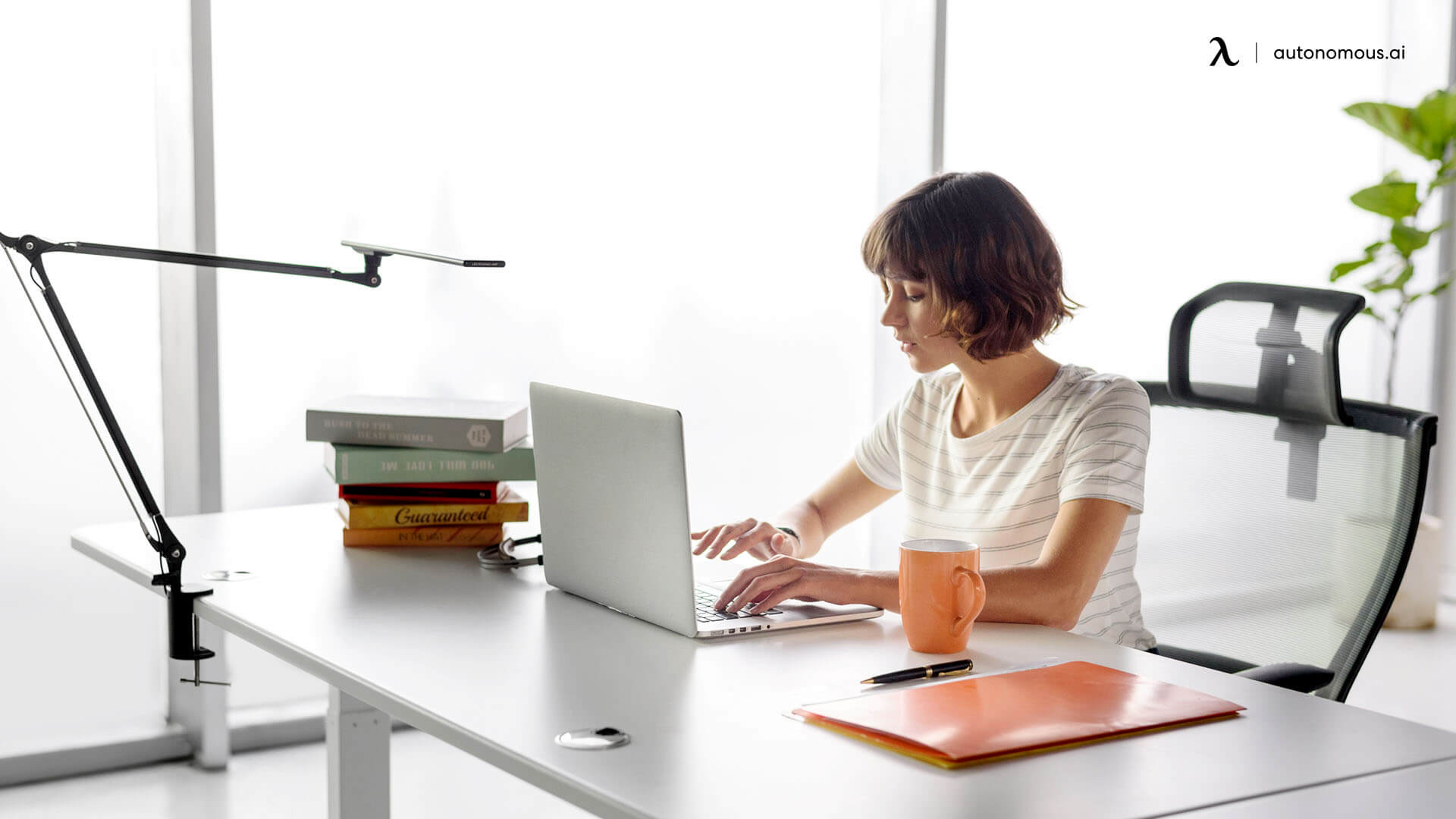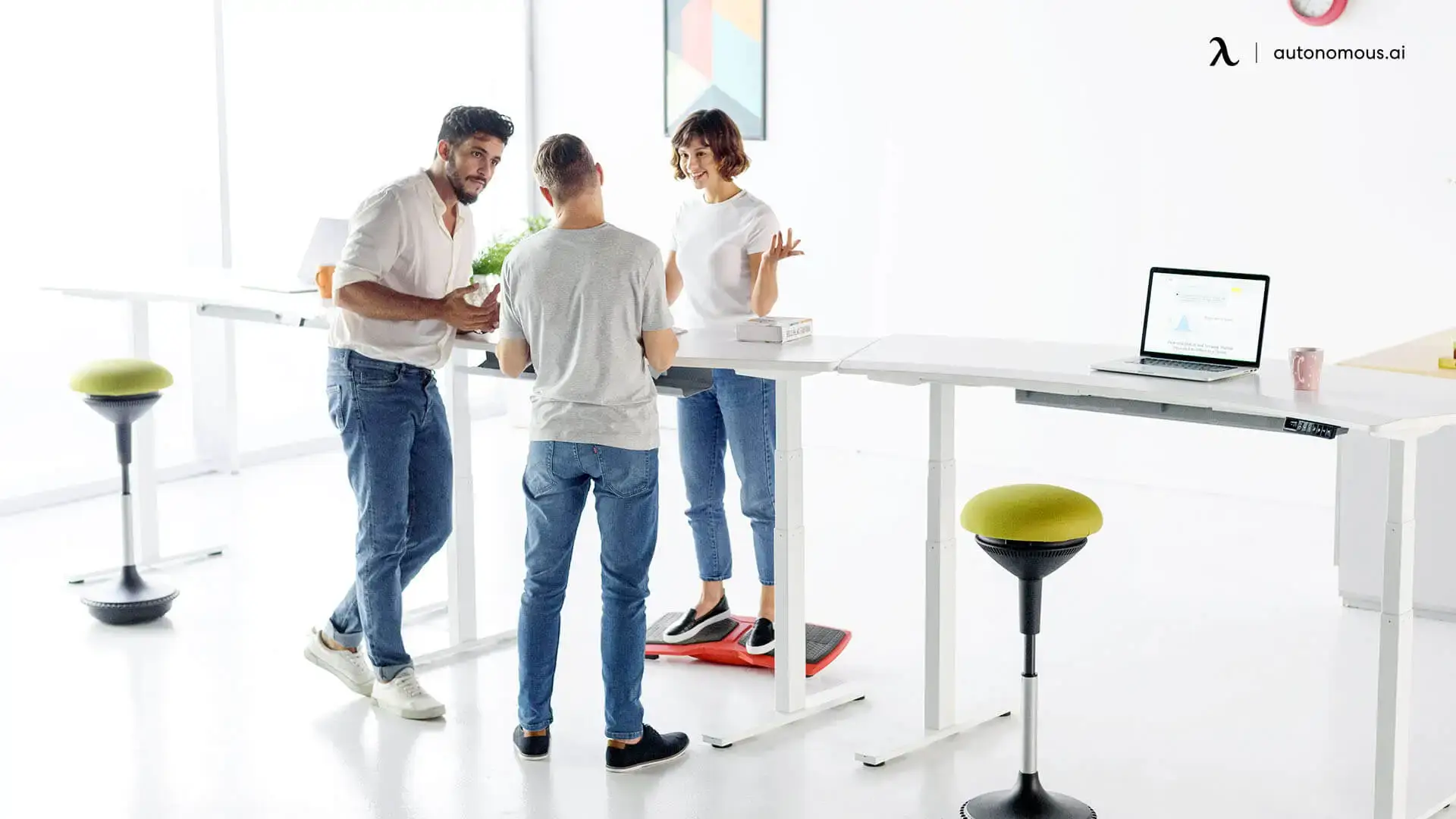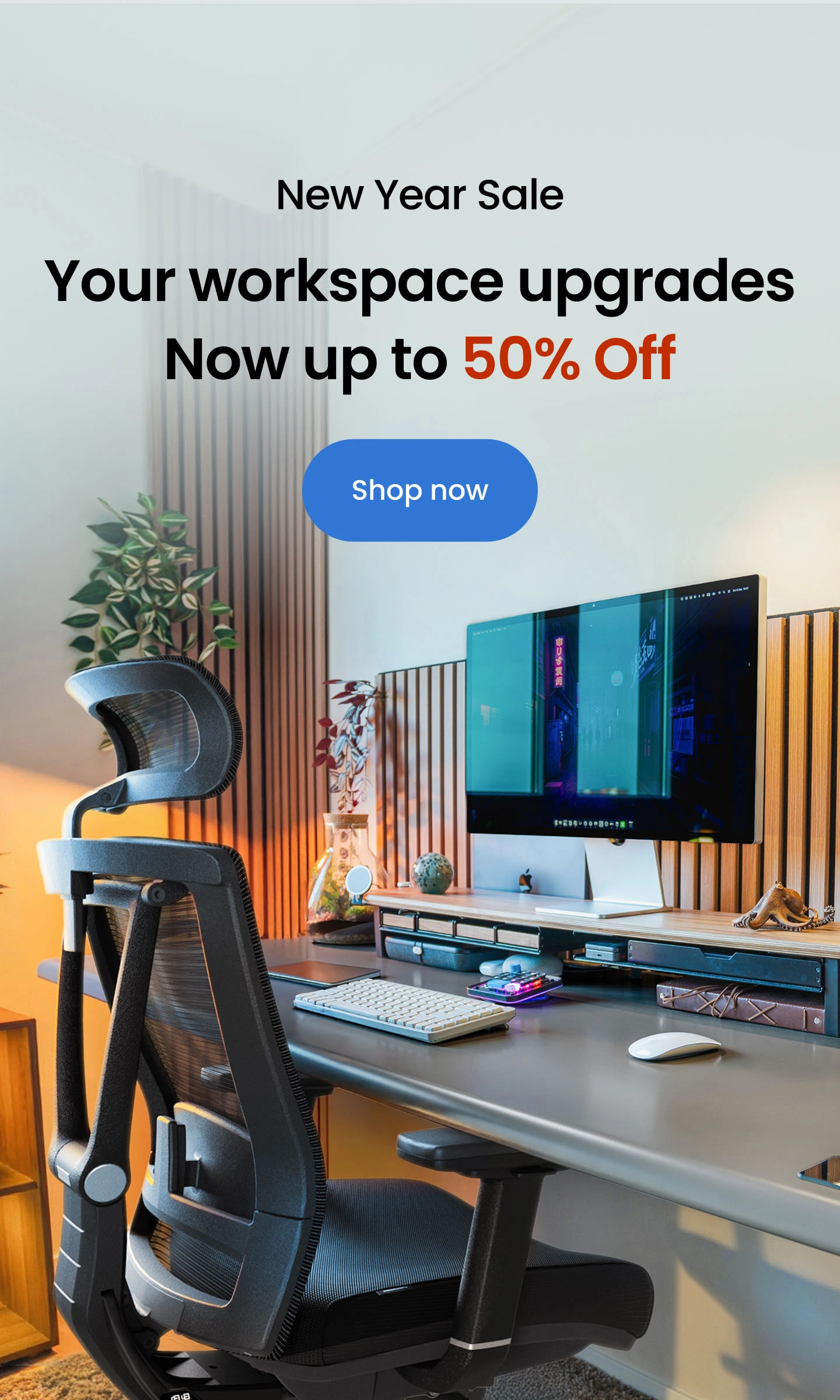
What Is an Efficiency Trap at Work? Tips on How to Avoid It
Table of Contents
The daily grind has made most of the office workers fall into the efficiency trap. Every day, we have a number of tasks to complete at work. However, some of us have become habitual of overwhelming ourselves with more and more tasks for a shorter self-assigned deadline. They somehow believe that being an overachiever at work is great.
You might think that getting more things done in a day is great, but the urge to do more and more in a shorter time when you have all day to do it makes you mentally unhealthy. You must remember that giving yourself an unrealistic deadline for a big bunch of tasks is never intelligent.
Can you perform well if you are anxious? No, you can’t, but that’s exactly what the efficiency and productivity trap makes you feel like. The productivity trap makes you mentally unhealthy and even causes burnout in the long run.
The problem is most people are unaware that they are in this trap. That’s why escaping the efficiency trap becomes impossible for them. We know you might be unaware of it as well. That’s why we have shared everything in this blog. So, read ahead to better understand this trap and the right ways to escape it.
What Is an Efficiency Trap?
Office workers often believe that completing several tasks before their workday ends is some sort of a hallmark for them. They are wrong because this is the basic notion that puts them in an efficiency trap.
Some people love putting themselves under some sort of pressure to do more work within a shorter, self-assigned deadline because this makes them think they are more efficient. On the contrary, this only increases the number of revisions and puts one in an efficiency trap.
We will ask you a few questions: Are you a perfectionist who longs to be an overachiever? Are you always done with your tasks before the day ends? Has your manager told you you are too fast at office tasks? Are you done with your office tasks because you put yourself under pressure in the first half of the day to be more efficient? If your answer to these questions is yes, sheesh, you’re in the efficiency trap already!
What Happens When You Fall Into the Efficiency Trap?
We know that the first question that would have hit your mind is what will happen when you are in the efficiency trap. People think efficiency at work is great, and it might be true up to some extent, but it backfires. That's why we call it a trap.
Once you have done your tasks before the time you get off, you have to make yourself look busy because no matter what you do, you will get off at 5.00 pm. This is typically the case for people who work in traditional offices with a nine-to-five routine.
Your manager starts to have unrealistic expectations from you, as he believes that you can finish even complex tasks within an unrealistic deadline. So, he overloads you with more tasks, and that's when you start making more mistakes in your work, which impacts your image.
So, eventually, you end up working more and achieving less in the long run. Most people even get burnout when they work this way which is against workplace etiquette and affects their mental health negatively. This is clearly not what a productive office is like, right? That’s why you must know how to escape the efficiency trap.

Tips on How to Avoid Getting Into the Efficiency Trap
Here we have discussed a few tips that will help you avoid the efficiency trap and ensure your task is up to the level.
1. Take It Easy
Being productive is not about rushing; you can improve productivity by taking things easy. It is better to slow down a bit and work with a greater focus when you are missing out on details due to your urge to overachieve. The best practice is to enjoy the process and do your tasks joyously instead of hurriedly. It will be even better if you start making outlines for your tasks and do more research beforehand.
2. Stay Calm and Content
Staying calm and content is the key to avoiding the productivity trap. You may take inspiration from the best home office productivity setup. Taking frequent breaks during your tasks is great practice as well. It helps you stay calm and content during work hours and ensures you complete your tasks by a normal deadline rather than an abnormally short deadline which puts you under too much pressure.
3. Have an Eye for Detail
You must have an eye for detail. People who are in an efficiency trap are most likely to avoid the details, which makes them do more revisions later on. So, make sure you recheck your work a couple of times before submitting it. Proofreading and rechecking help you avoid errors and make your work flawless.
4. Ensure Your Supervisor Is Happy with Your Work
Lastly, you must do your work in a way that makes your manager happy with the results. If your manager is fine with you working at a faster pace, there is no need to get slow. However, you must stand behind your work and have an eye for detail to avoid conflict in the workplace. You may even think of giving yourself a treat by getting a few productivity gifts. At the end of the day, you must ensure you follow the work ethic and produce quality work.
5. Get Your Work Proofread by a Friend
At times, some help from a friend is all that you need to avoid getting your work rejected. You might be too overwhelmed by tasks, so it might not be possible for you to recheck work on your own.
At times, we even miss out on a few things when we are reviewing our work on our own. So, it is always better to call a friend to get your work reviewed. A third person is better at evaluating certain tasks. So, things become easier this way.

FAQs
What is an efficiency trap at work?
An efficiency trap occurs when employees push themselves to complete tasks quickly with unrealistic deadlines, believing it makes them more efficient. In reality, this often leads to more mistakes, burnout, and reduced quality of work.
How do I know if I’m in the efficiency trap?
If you often rush through tasks, constantly feel the pressure to overachieve, and find yourself completing work early only to fill time until the end of the day, you're likely in the efficiency trap. It’s a sign that your focus on speed is compromising the quality of your work.
Why is it bad to be overly efficient at work?
Over-efficiency can lead to burnout, mistakes, and poor-quality work. When you're always pushing to do more in less time, you risk overlooking important details, which can negatively impact your productivity in the long run.
How can I improve my work quality without falling into the efficiency trap?
Focus on balancing productivity and quality by taking your time, breaking tasks into manageable chunks, and avoiding rushing. Also, proofread your work and take regular breaks to maintain focus and ensure you're producing high-quality results.
How do I set realistic deadlines at work?
To set realistic deadlines, evaluate the complexity of the task, consider any potential obstacles, and factor in extra time for revisions or unexpected challenges. Prioritize tasks and set achievable goals to avoid feeling overwhelmed.
What happens if you keep falling into the efficiency trap?
Consistently falling into the efficiency trap can lead to increased stress, lower job satisfaction, and even burnout. Over time, it can damage your reputation at work, as you may make more errors due to rushing or feel mentally drained from the constant pressure.
Can outsourcing help prevent the efficiency trap?
Yes, outsourcing tasks that are outside your core responsibilities can help you avoid the efficiency trap. It allows you to focus on tasks that matter most, reducing pressure and increasing both efficiency and productivity without overextending yourself.
Conclusion
The efficiency trap is a common pitfall in today’s fast-paced work environment, often driven by the desire to overachieve and finish tasks quickly. While striving for efficiency and productivity is important, it’s essential to focus on quality and work-life balance. By implementing strategies such as slowing down to focus on details, taking breaks, and getting feedback from others, you can avoid this trap and maintain long-term success at work. Remember, the goal is not to work harder, but smarter. Balancing efficiency vs productivity is the key to sustainable performance and mental well-being at work.
.svg)







